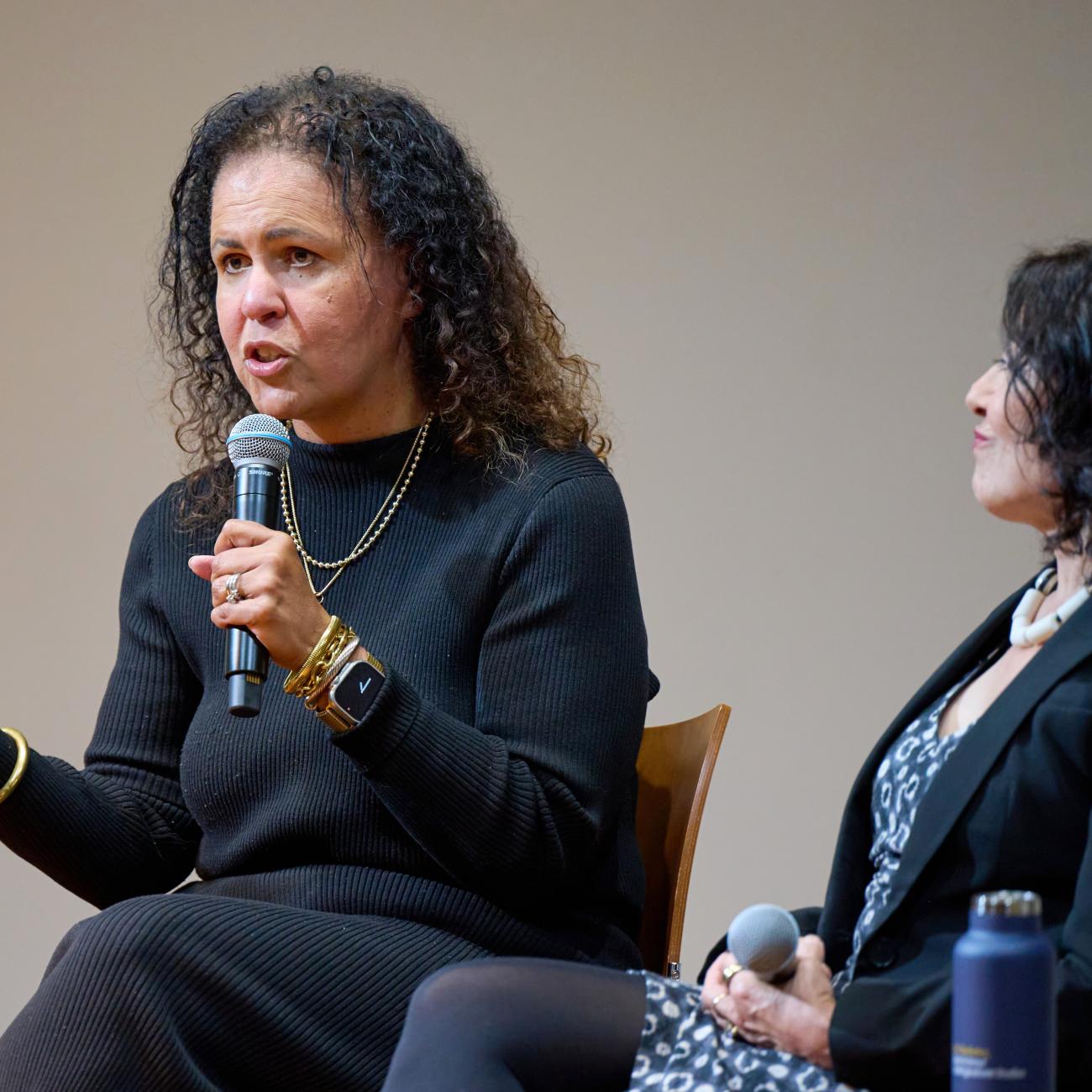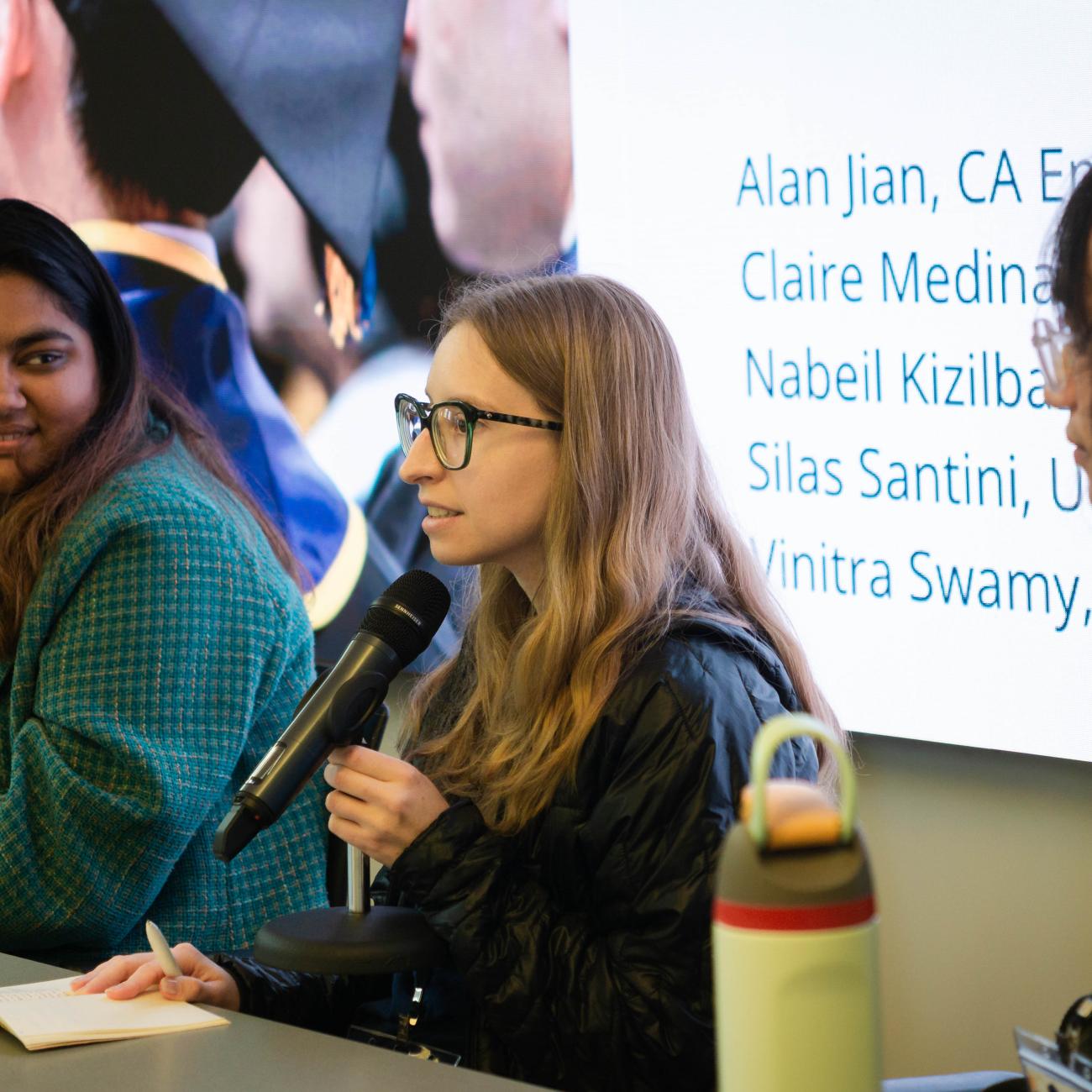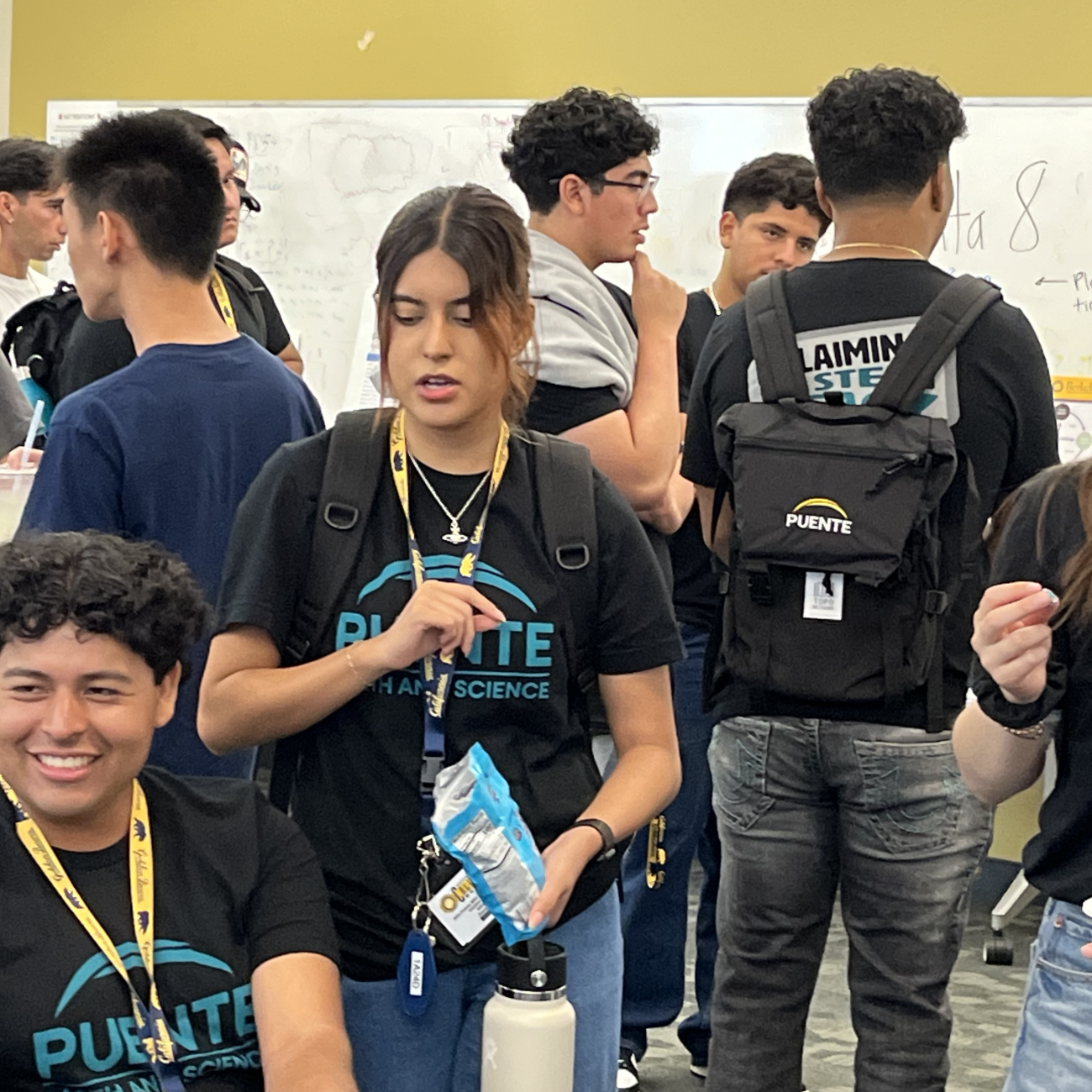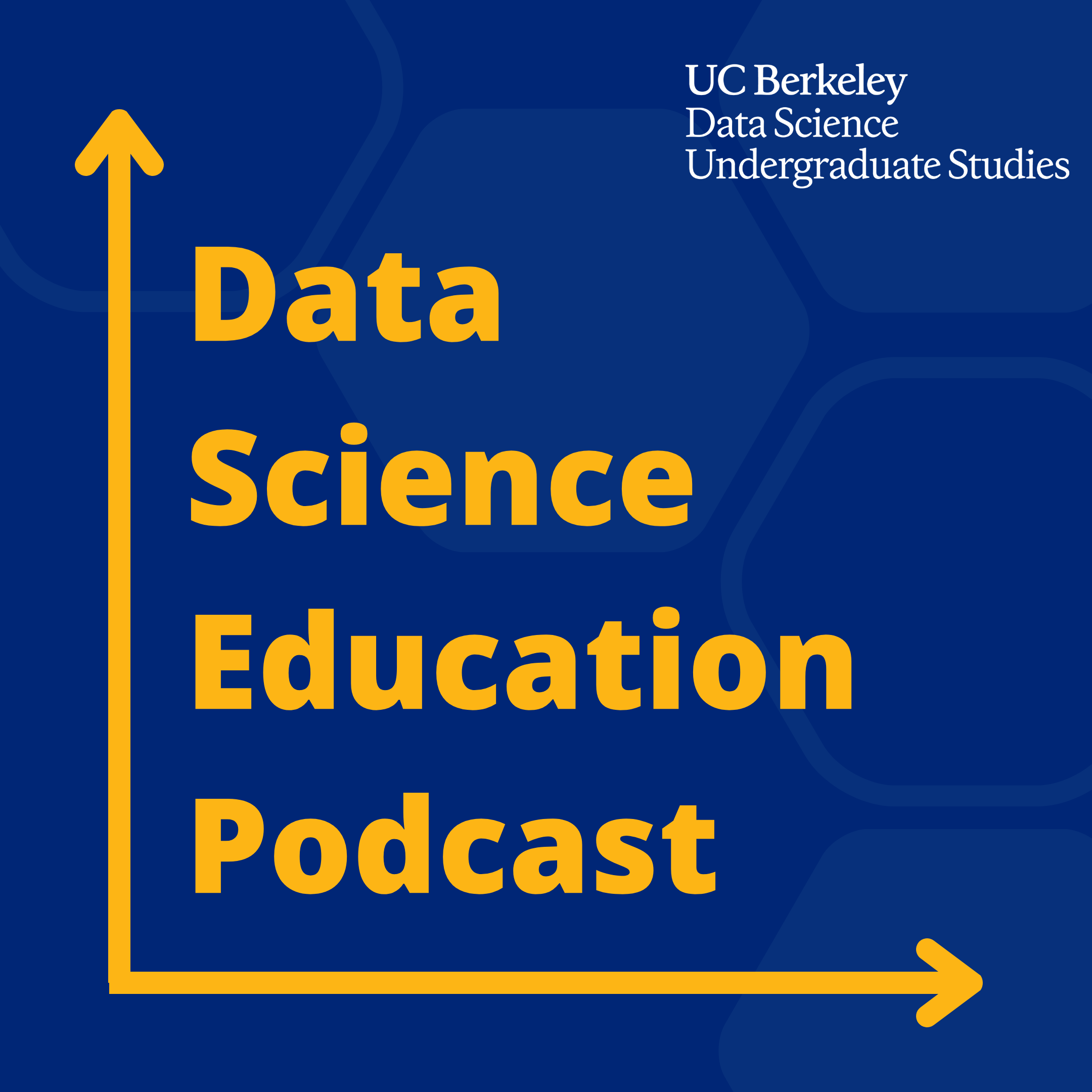About our educational partnerships
UC Berkeley's Data Science Undergraduate Studies is dedicated to making high-quality data science education accessible beyond Berkeley. Through partnerships with other institutions, we strive to broaden access and impact.
Our approach to data science education:
- Empowers student discovery. Through our approachable foundations course and by developing curricula add-ons for other disciplines, we seed opportunities for students to discover this burgeoning field.
- Bridges disciplines. We view data science as an interdisciplinary field with applications spanning from the sciences to the humanities and we promote connections across these diverse areas.
- Integrates human contexts and ethics. Our curricula incorporates human contexts and ethical considerations, equipping students to make responsible and impactful decisions in their careers.
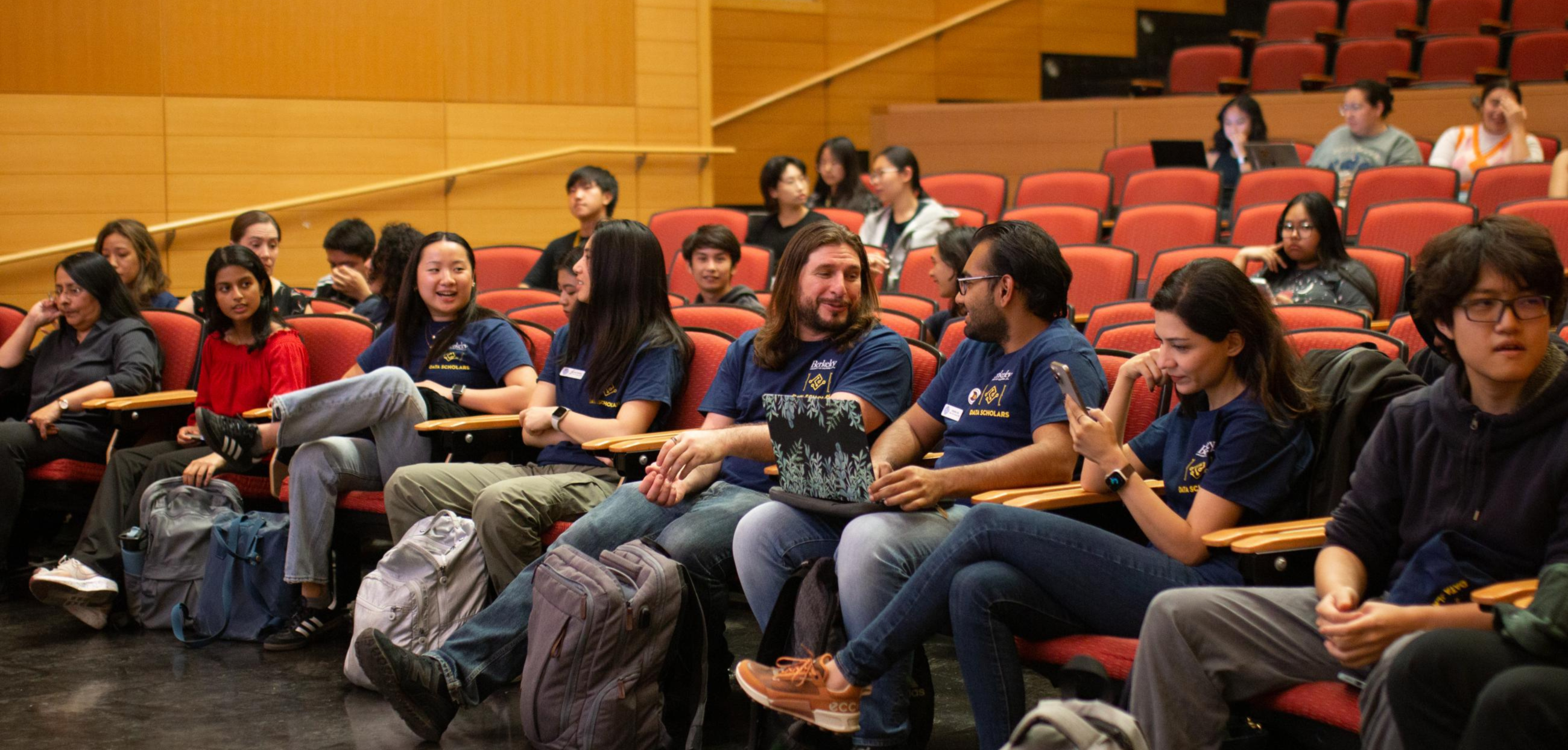
Bring Data Science Education to Your School
Resources for adopting classes and building curricula
Our Current Educational Partnerships
Learn more about our current partnership projects
Community
Events and opportunities to learn from other educators
Join our Mailing List for Educational Partners
Stay informed about resources, community, and news for our educational partners.

